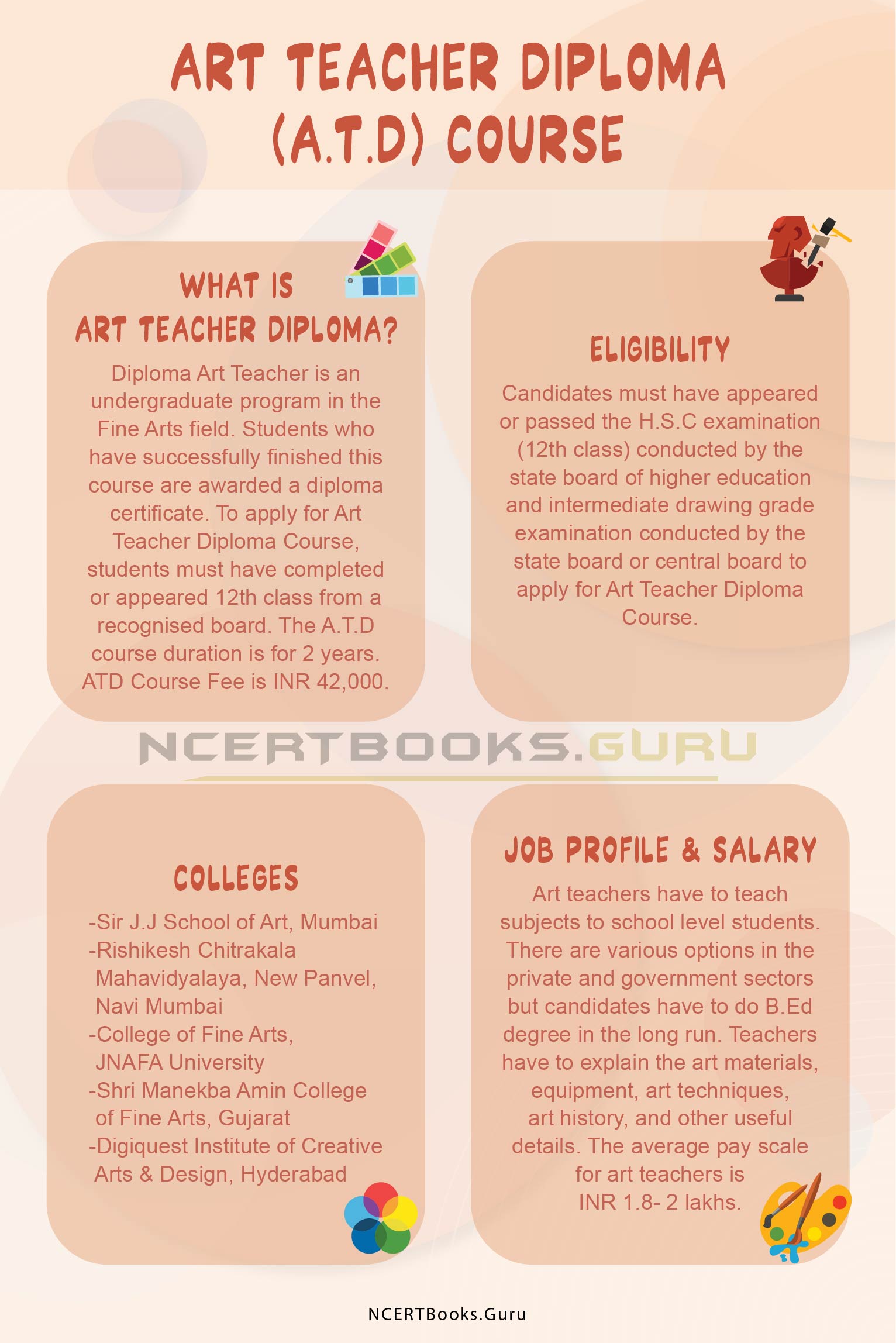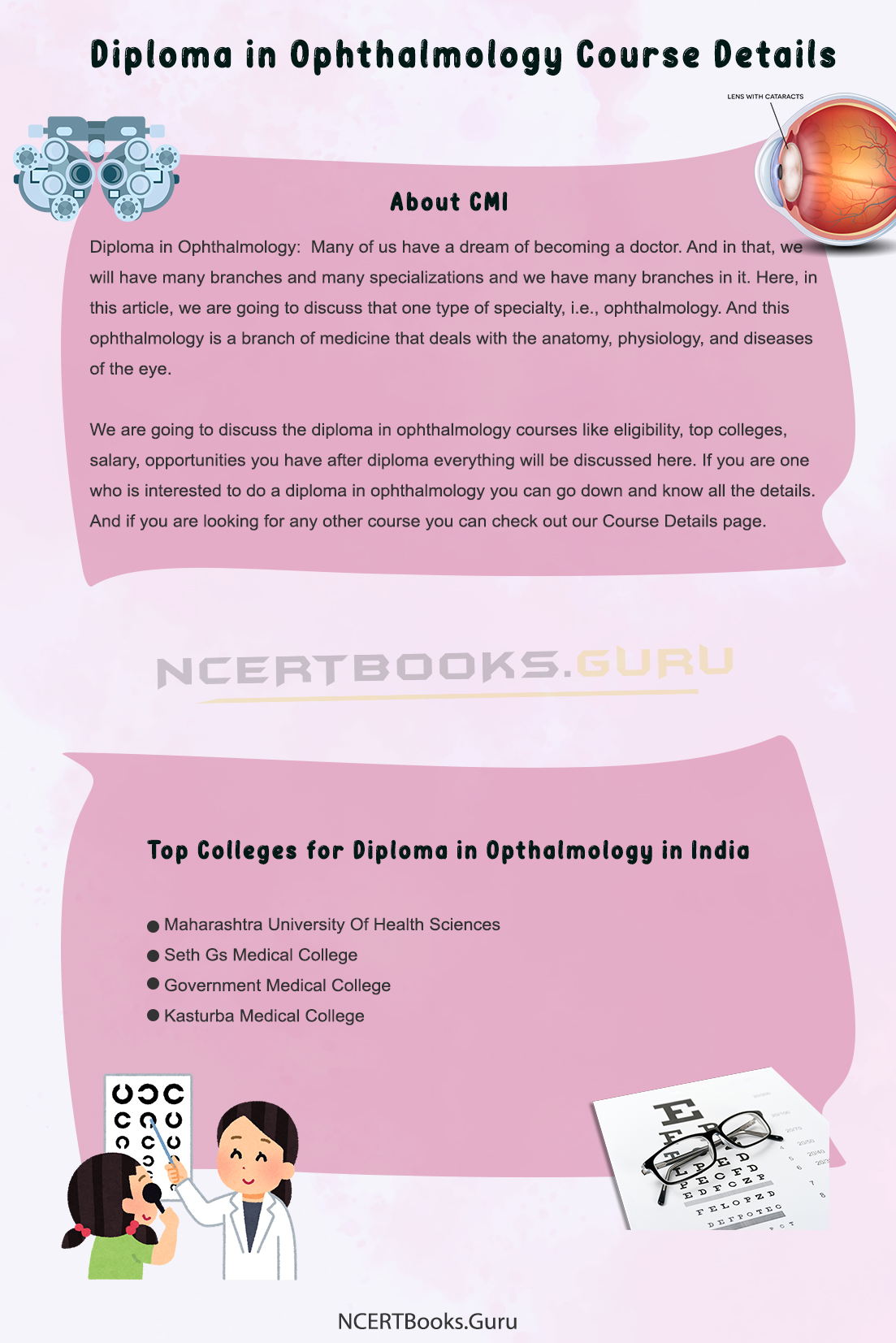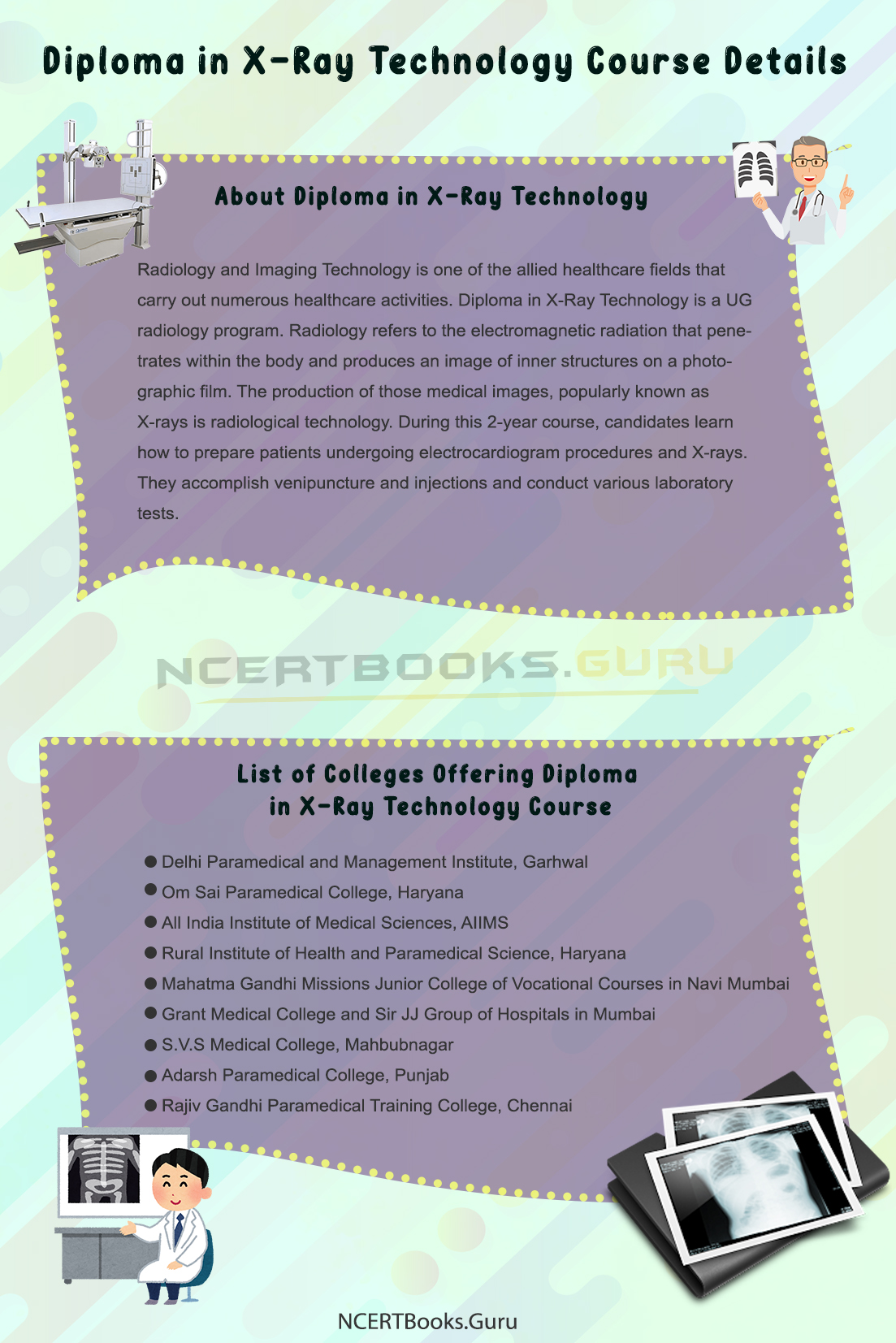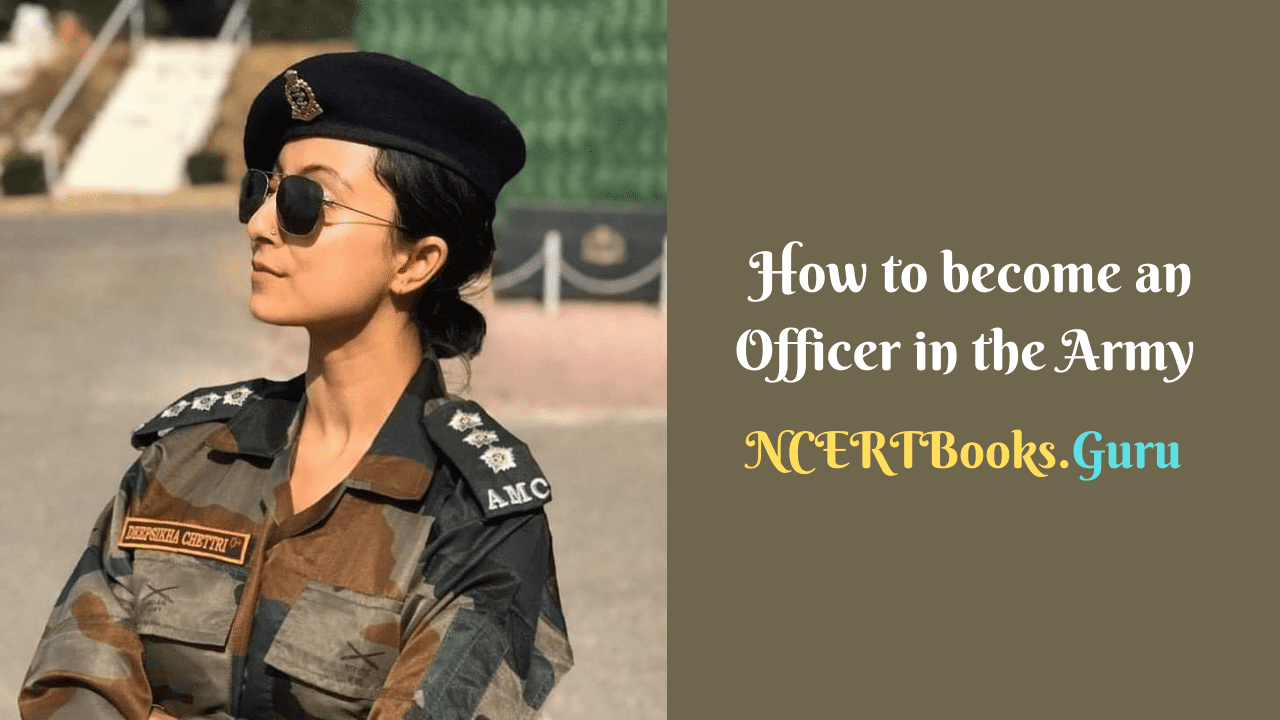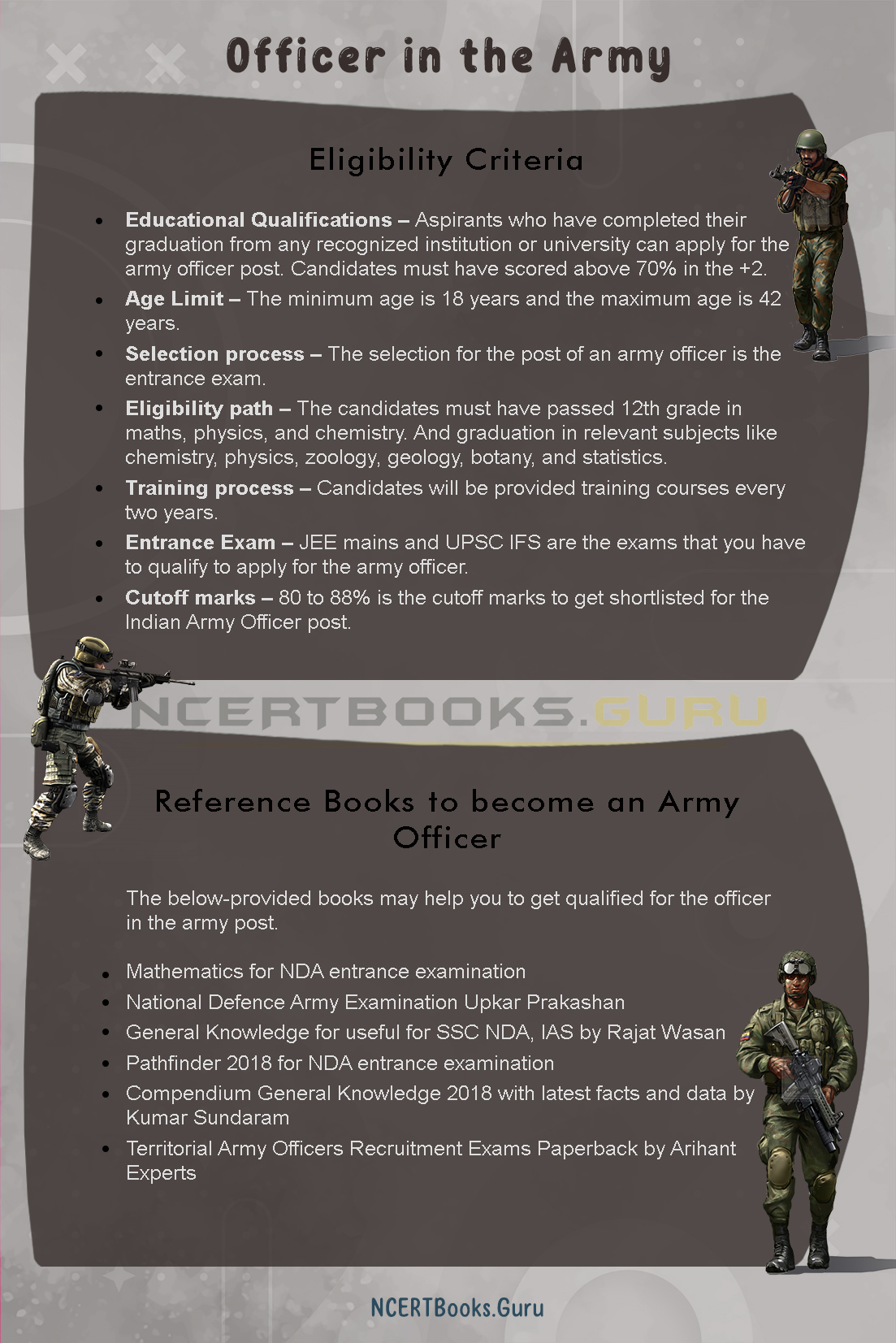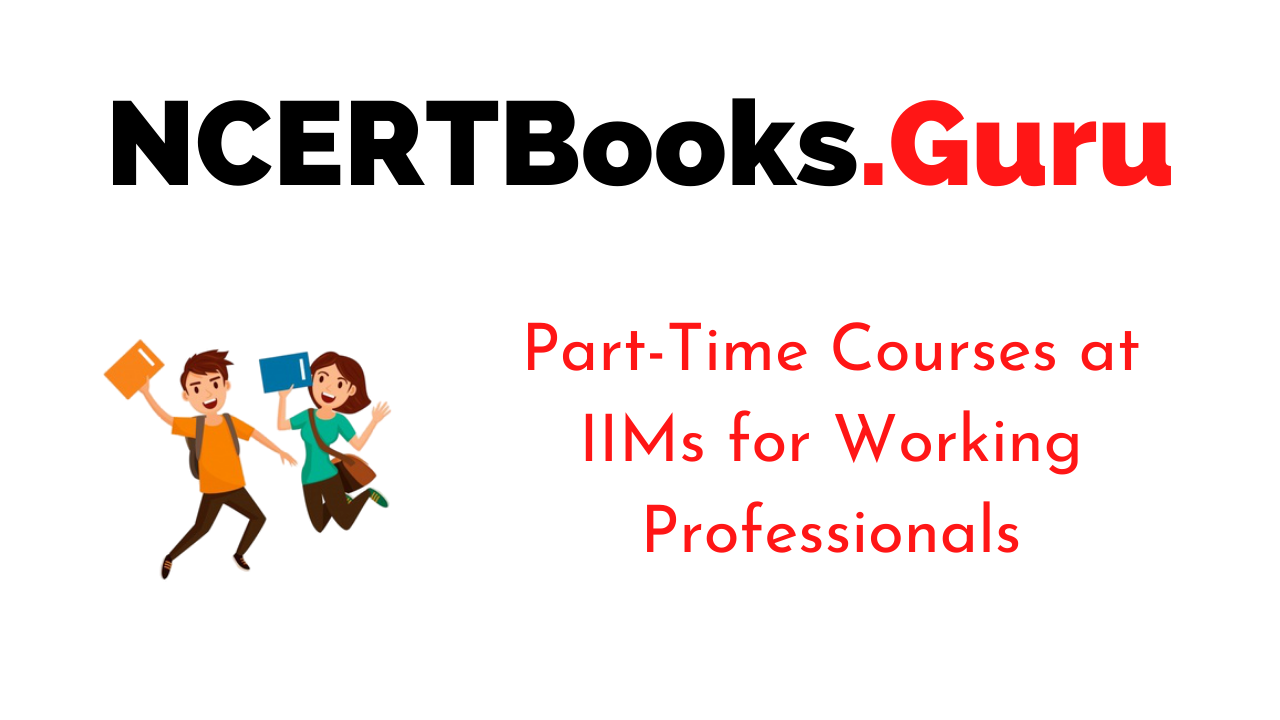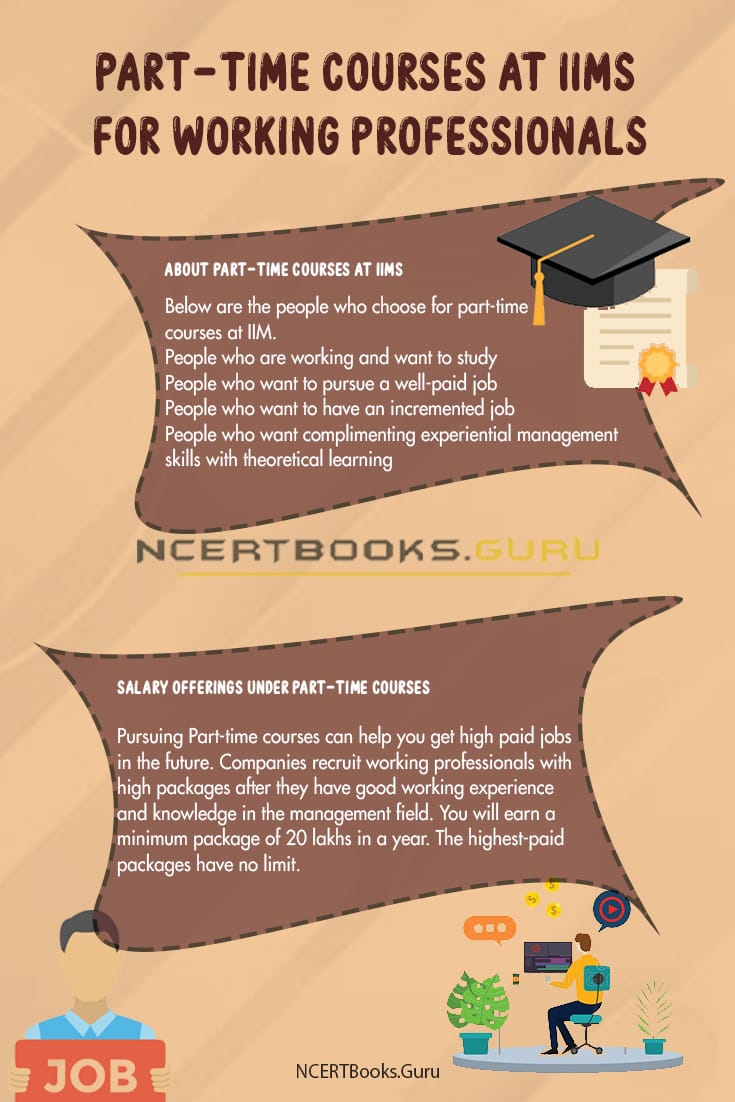Distance Engineering Courses approved by AICTE: Distance learning is a form of education where technology is used for the interaction between students and teachers. This method is extremely helpful for those students who are not able to attend universities or schools due to problems. With technological advancement, distance learning has become extremely popular in the education system.
Engineering Courses are one of those courses that are available for students to learn in distance learning or correspondence mode. Keep reading the following article to know more about distance learning engineering courses and the types of courses available together with all the details that you will ever need about them. So let’s get started!
- What are Distance Engineering Courses?
- List of Best Distance Engineering Courses in India
- Tips for Making the Most Out of Your Long Distance Engineering Courses
- Eligibility for Distance Engineering Courses for Diploma Holders
- How to Apply for Distance Learning Engineering Courses?
- Entrance Examinations for Admission to Distance Education Engineering Courses
- AICTE Approved Distance Education Engineering Colleges in India
- Fee Structure of Engineering Distance Learning Programs
- Career Opportunities after Completing Distance Learning Engineering Course in India
- Top Recruiters for Distance Education Engineers in India
- Salary of Distance Learning Engineering Graduates
- FAQs on IGNOU Distance Engineering Courses
What are Distance Engineering Courses?
A distance engineering course or a corresponding engineering course is a 4-year-long course that teaches the students various engineering disciplines according to the stream chosen by the students. This course operates in a distance mode and is extremely suitable for people who are either working professionals or cannot attend universities due to some issues.
There are multiple streams in which people can pursue distance learning education in engineering and multiple career opportunities are open after completing this course. If the students are dedicated enough and choose to develop their skills over time distance learning engineering is nothing less than a regular engineering course.
The demand for skilled engineers has been rising in recent times and the industry awaits students who can provide feasible solutions to real-life problems in various disciplines. Top companies hire engineers who are highly skilled, one can have a very glorious career in terms of salary and longevity if they are dedicated enough in the engineering department.
List of Best Distance Engineering Courses in India
Following are the top engineering branches that are available in th distance learning mode to complete your engineering dream via distance mode:
- Computer science engineering
- Civil engineering
- Electronics and communication engineering
- Automobile engineering
- Electrical engineering
- Biotechnology engineering
- Information technology
- Chemical engineering
- Mechanical engineering
- Aeronautical engineering
Tips for Making the Most Out of Your Long Distance Engineering Courses
There is a lot of difference between the traditional style of learning where students and teachers have a one-on-one interaction in the classroom and the remote form of learning where technology is your only way to connect with your teachers and your fellow students. You could really use some tips and tricks to make the most out of your distance learning program first of following are some tips that might be useful for you:
- Participate in active communication with teachers and classmates
- Have a fixed routine
- Practice meditation and increase your focus
- Do not start your school in your pajamas
- Make sure you prepared your meals
- Create a learning environment
- Keep all your distractions away
- Get used to your devices on which give study
- Remember to take short breaks
- Do some extracurricular activities which do not involve technology or gadgets
- Be kind to yourself
Eligibility for Distance Engineering Courses for Diploma Holders
The minimum eligibility criteria for the students who want to pursue engineering in distance learning or correspondence mode is that they must have completed their class 12 from a recognized Board of Education and they must have scored a minimum of 55% marks.
The marks for the 3 main subjects physics, chemistry, and maths must be above 50%. The students who have completed their diploma in engineering can also apply for distance learning or correspondence engineering courses.
How to Apply for Distance Learning Engineering Courses?
- If the candidate has met all the eligibility criteria for a distance education engineering course, they can now go through the application process to get admitted to their dream college.
- The students can visit the website of the college that they want to get admitted to and fill out the application form with all their details and necessary documents uploaded in a scanned manner.
- Candidates can also visit the College in offline mode and fill out the application form physically.
- The selection of students for these courses is done on the basis of merit and entrance examinations both.
- If the student wants to get admitted via entrance examinations, the students can register for the examination download the admit card once it is available sit for the test wait for the result and then reach out to the college if they see their name in the selected student’s list.
- After that, the students will have to go to the college and submit an installment of the fee to reserve a seat in that course.
- Once you have completed all these formalities, submit the necessary documents, and the fee. Then, the student will finally be selected for the course and they can start preparing for beginning the course.
Entrance Examinations for Admission to Distance Education Engineering Courses
Following is the list of top entrance examinations that are popular among students who want to get admitted to engineering courses be it regular courses or distance learning courses:
- JEE Mains
- BITSAT
- MHT CET
- KCET
- JEE Advanced (for those who have cleared JEE mains)
Do Refer: Distance Education Courses
AICTE Approved Distance Education Engineering Colleges in India
There are many universities all across the country that provide distance learning courses. Completing a distance learning engineering course from a good university is as beneficial as doing a regular engineering course if the student is dedicated enough. Top institutions that offer engineering distance learning courses are:
- Indira Gandhi National Open University
- Annamalai University
- Rajasthan Vidyapeeth University
- Sikkim Manipal University
- Yashwantrao Chavan Maharashtra Open University
- Alagappa University
- Birla Institute of Technology and Science
- Chaudhary Devi Lal University
- EIILM University
- Jamia milia Islamia
- Lovely Professional University
- IASE University
- Manipal University
- Periyar University
- Mumbai University
- Madurai Kamaraj University
- Symbiosis University
- St Peter’s University
- Uttaranchal Open University, and many more.
Fee Structure of Engineering Distance Learning Programs
The fee for distance learning engineering programs can be somewhere between INR 50,000 per annum to INR 10,00,000 per annum. The exact fee completely depends upon the type of college that the student is admitted to stop the fee of government colleges for engineering courses is much lower than that of private colleges for the same course.
Career Opportunities after Completing Distance Learning Engineering Course in India
Completing an engineering course in correspondence mode opens up a lot of opportunities for the candidates many leading companies from different industries hire candidates that have attained the engineering degree and every specialization has great job opportunities stop following are the top job profiles according to various specializations:
Job options after completing BTech in mechanical engineering:
- Design engineer
- Researcher
- Mechanical engineer
- Process development technologist
Job options after completing BTech in architectural engineering:
- Technical architect
- Building inspector
- Construction manager
Career options after completing Distance BTech Computer Science and Engineering Course:
- Developer
- Engineering support specialist
- Professor
- Technical writer
- Computer networks engineer
- Software engineer
- Researcher
Job options after completing BTech in information technology:
- Database manager
- Web developer
- Lecturer
- Information technology engineer
Job options after completing BTech in Distance industrial engineering learning program:
- Process engineer
- Quality engineer
- Industrial manager
Career options after completing distance electronics and communication engineering:
- test technician
- First-line technician
- Electronics technician
- Field technician
Job Roles after completing BTech distance aerospace engineering:
- Aerospace engineer
- Design engineer
- Aerospace designer checker
- Manufacturing engineer
Also See: Diploma in Labour Law Distance Education IGNOU Course Details
Top Recruiters for Distance Education Engineers in India
There is a high demand for highly-skilled engineers in different fields all across the globe. Following are the top recruiting companies for different types of engineers:
Software Engineers:
- Goldman Sachs
- Defence Research and development organization
- Adobe
- Microsoft
- Tata Consultancy Services
- Cognizant technology solutions
- Accenture
- Wipro
- Capgemini
- Oracle
- HCL technologies
- Hexaware technologies
Mechanical Engineers:
- Bharat heavy electricals limited
- Godrej group
- Thermax
- Simon’s
- Ashok Leyland
- Larsen and toubro
- Kirloskar brothers
- Tata group
- Indian Oil Corporation
- Mahindra and Mahindra
- Tata Motors
- General Motors
- Coal India
- NTPC
- Hindustan Petroleum
- Aerotech
Electronics Engineers:
- Hindustan aeronautics limited
- Steel Authority of India
- Gas authority India limited
- Oil and natural gas corporation
- Bharat heavy electricals limited
- Uttar Pradesh power corporation limited
- Defense research and development organization
- Hindustan Petroleum corporation limited
Civil Engineers:
- DLF
- Hindustan construction company
- LNT
- Tata projects
- Sobha developers limited
- Shapoorji pallonji and company
- Unitech
- Sadbhav engineering
- Skyline builders
- Metro tunneling group
- Nagarjuna construction company
Electrical Engineers:
- Lockheed Martin
- The Boeing company
- General Electric
- ABB limited
- Bharat heavy electricals limited
- Apple
- Tata power
- Bharat electronics limited
- Intel
- Texas Instruments
- Aditya Birla group
- IBM
- Immersion
- Rockwell Automation
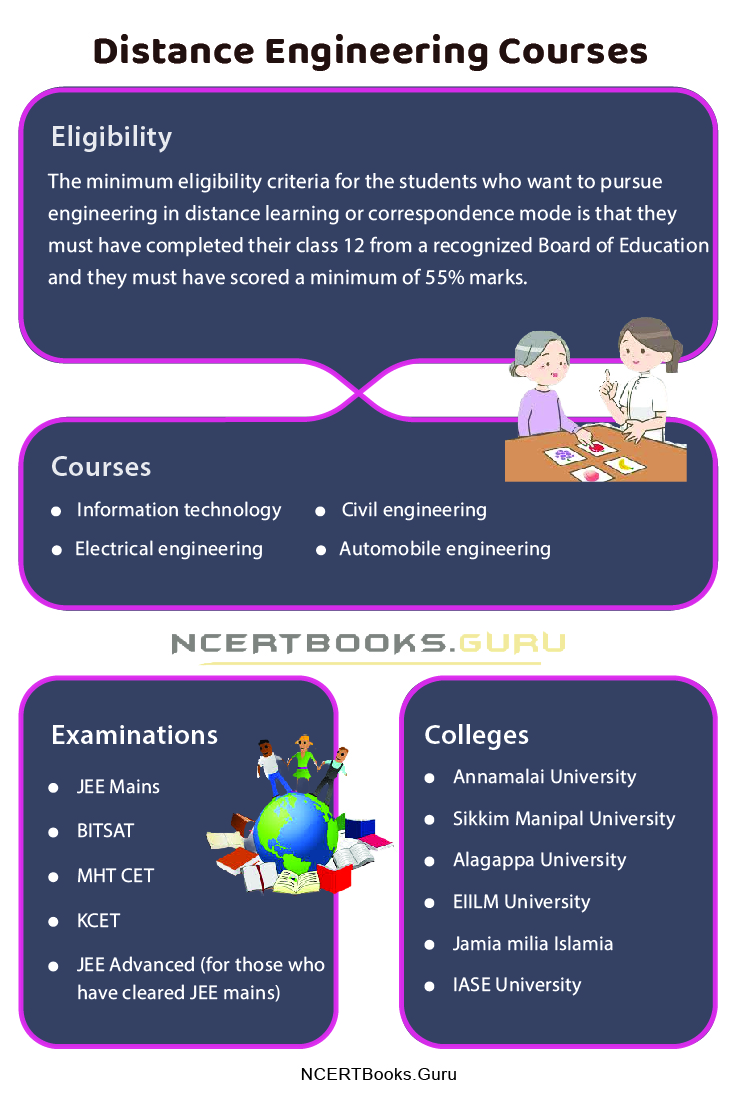
Salary of Distance Learning Engineering Graduates
The average salary that a candidate can expect after completing their engineering courses and working as a professional in different fields is somewhere around INR 2,00,000 per annum to INR 10,00,000 per annum. The salary in this field sees a lot of fluctuation since there is a lot of demand for the workforce and there are various different types of students that start working in the engineering field.
Where some students might get a salary of less than 4,00,000 per annum, other sets of students may get a starting salary of about 20,00,000 per annum or more students who work in the IT industry and bag big companies like Google, etc even get salary package worth crores.
FAQs on IGNOU Distance Engineering Courses
1. Can I do distance learning engineering courses after completing class 12th?
Yes, you can definitely pursue distance learning or correspondence engineering courses after completing your class 12. The minimum eligibility criteria for enrolling in a correspondence program for engineering courses is that you must have completed your class 12 from a recognized Board of Education and scored a minimum of 55% marks. You must also have physics, chemistry, and mathematics as your compulsory subjects in class 12th and must have scored at least 50% marks in all 3 of them.
2. What is the fee for distance learning engineering courses?
The fee for distance learning engineering courses can be somewhere between INR 50,000 per annum to INR 10,00,000 per annum or more. The exactly depends upon the college that the student is admitted to. Government colleges charge much lesser fees compared to private colleges for the same course.
3. Will I be able to get the same opportunities if I pursue engineering in distance mode?
Yes, in today’s world skills are the most important thing. As long as you are skilled and you have a degree in engineering in any mode regular or distance, you will be getting great career opportunities. You must be able to grab those opportunities and make the most of them in order to be successful in your career. Pursuing a course in distance mode doesn’t make you any less of a student than pursuing the course in a regular mode.
Conclusion
We hope that you were able to find all the information regarding the distance engineering courses approved by AICTE that you were looking for. The above article contains details about the distance learning engineering course right from tips to job opportunities after completing the distance education engineering course.
We hope that you make an informed decision for yourself. Do let us know what you felt about this article and stay connected to us for further updates on course details. All the best!


